Can Moms Use Detergent Soap to Clean Dishes?
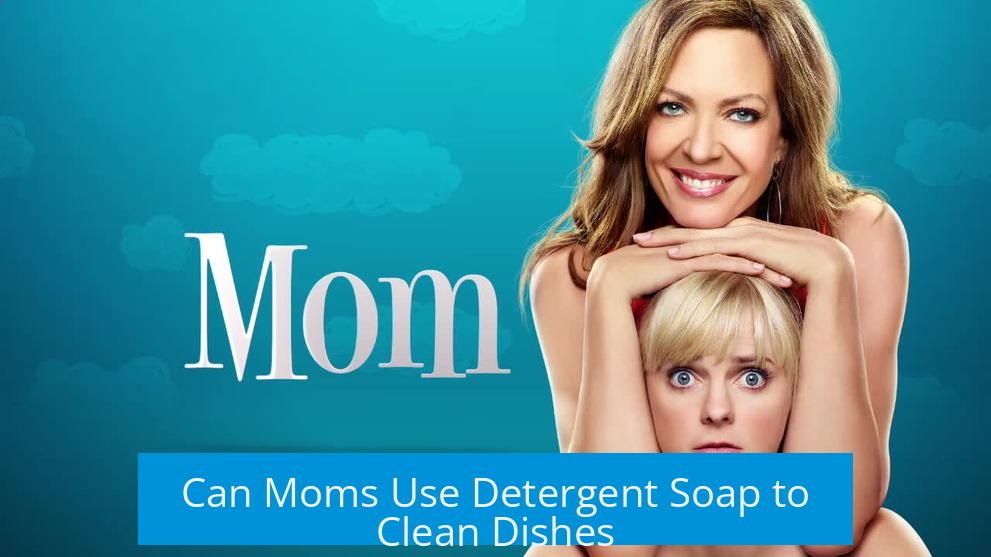
Moms often wonder if detergent soap meant for laundry can be safely used to clean dishes. The answer is generally no; detergent soap designed for laundry is not suitable for washing dishes due to differences in chemical composition, enzymes, and pH levels.
Differences Between Dish Soap and Laundry Detergent
Dish soap and laundry detergent serve different cleaning purposes. Dish soaps primarily contain surfactants like sodium dodecyl sulfate (SDS), which efficiently break down grease and food residues on dishes. Laundry detergents have multiple surfactants, including ionic and nonionic types, combined with enzymes and sometimes peroxides to tackle organic stains in fabrics.
These compositional differences mean that laundry detergents may be harsher and not optimized for food-safe cleaning required in kitchens.
Role of Enzymes and pH in Cleaning
Enzymes in laundry detergents target proteins, starches, and fats in clothing stains. Their pH levels are often higher or more alkaline compared to dish soaps. This helps in stain oxidation but may leave residues that affect taste and safety if used on dishes. Dish soaps have pH levels balanced for skin contact and effective grease removal without harmful residues.
Using Laundry Detergent or Additives in Dish Cleaning
Some people try using laundry detergents or additives like washing soda to clean heavily soiled cookware, especially greasy items like barbecue racks. Washing soda acts as a water softener and grease dissolver. However, laundry detergents can cause skin irritation if hands are exposed to them for a long time and might leave unwanted tastes on utensils.
Potential Issues with Laundry Detergent on Dishes
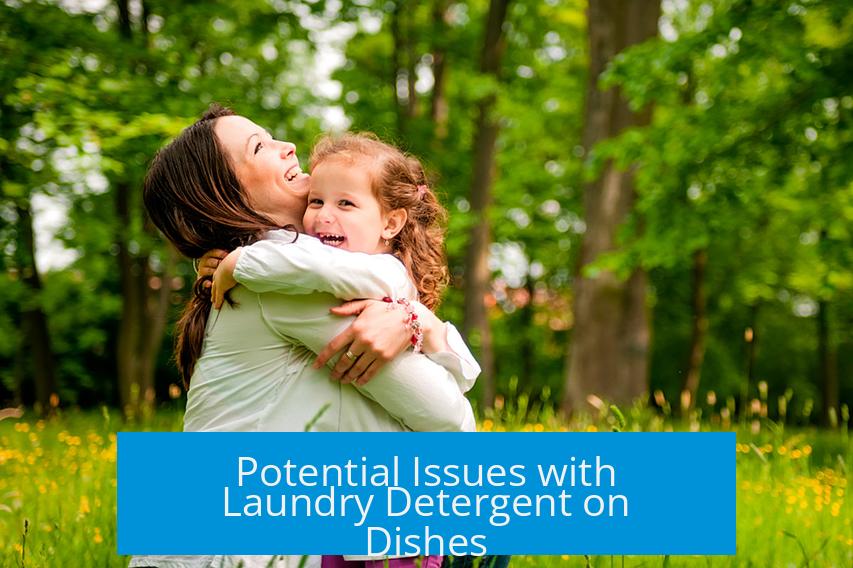
- Risk of skin irritation from prolonged contact.
- Residues might cause unpleasant tastes, such as floral or chemical flavors.
- May not rinse off completely, causing safety concerns.
Recommendations for Cleaning Dishes
- Use dish soap formulated specifically for cleaning dishes.
- To tackle tough grease, add washing soda or use hot water with dish soap.
- Avoid using laundry detergents for cleaning dishes to prevent taste and safety issues.
Key Takeaways
- Dish soap and laundry detergent differ in formulation, enzymes, and pH.
- Laundry detergent is not safe or effective for washing dishes.
- Using laundry detergent on dishes can cause skin irritation and unpleasant tastes.
- For tough grease, additives like washing soda with dish soap help clean effectively.
- Stick to dish soap for dishes to ensure safe, clean, and tasteless results.
Can Moms Use Detergent Soap to Clean Dishes? A Closer Look at the Suds Debate
Yes, moms can use detergent soap to clean dishes, but the real question is: which detergent soap? Spoiler alert—there’s a big difference between dish soap and laundry detergent, and mixing them up can lead to some unexpected kitchen adventures. Let’s unpack why the type of detergent matters, how enzymes and pH affect cleaning power, plus some pro tips and warnings from folks who’ve danced with detergent debates.
Dish Soap vs. Laundry Detergent: Not All Soaps Are Created Equal
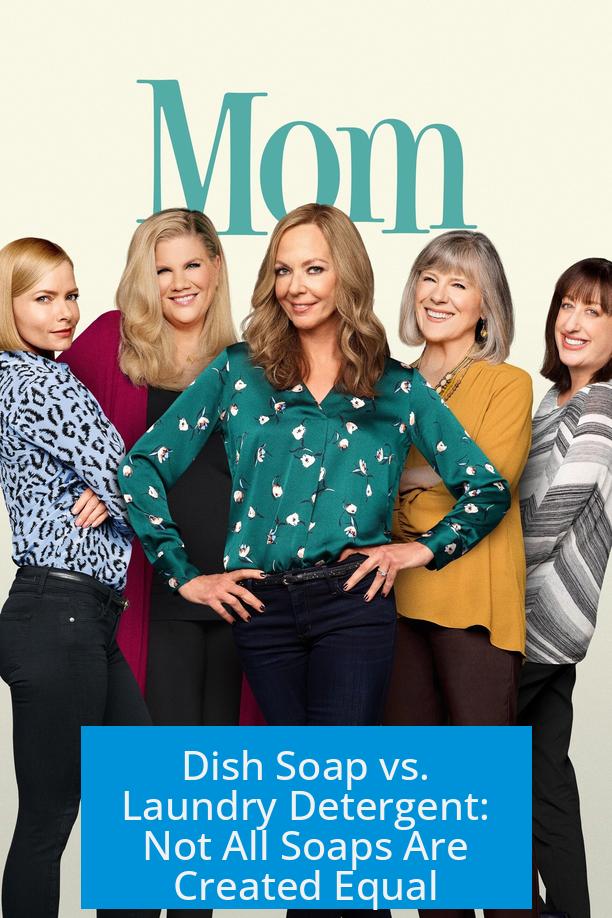
Imagine you grab your trusty laundry detergent to wash last night’s dinner dishes. Sounds convenient, right? Not quite. Dish soap and laundry detergent look similar but work very differently. The secret sauce lies in their ingredients and how they tackle dirt.
Dish soap mostly contains a surfactant called sodium dodecyl sulfate (SDS). It’s like a grease-fighting ninja designed specifically to scrub oils and food grime off your plates. Laundry detergents, in contrast, usually have a cocktail of surfactants—both ionic and nonionic—as well as peroxides that oxidize stains on clothes. Think of laundry detergent as a multi-tool for fabric, not so much for your spaghetti bowl.
The Enzyme and pH Adventure: Why It Matters
What makes these soaps tick? Enzymes and pH levels. Enzymes in detergents work like tiny Pac-Men chomping away at organic stains, but they’re tailored differently for kitchen grease versus grass stains on your kid’s pants. Dish soaps tend to have enzymes and pH levels optimized for breaking down food fats and oils efficiently, whereas laundry detergents focus on fabrics.
Using laundry detergent to clean dishes might leave behind residues that your taste buds didn’t bargain for. Ever gotten a whiff of lavender on your spaghetti? That’s laundry detergent making a cameo in your dinner. Not the flavor profile anyone hopes for.
So Why Do Some Moms Use Laundry Detergent for Dishes?
Practicality and desperation, mostly. Imagine facing a barbecue grill caked in last week’s burger remnants. Sometimes people mix washing soda with detergent to amplify grease removal. Washing soda acts like a grease magnet when paired with dish detergent and hot water—ideal for those stubborn barbecue racks.
Some moms, unknowingly or out of necessity, have experimented with laundry detergents for tough job dishes. Laundry detergents often contain water softeners and buffers that enhance their grease-cutting power. These additions can make them tempting alternatives.
The Catch: Skin and Taste Bud Warnings
Here’s the catch that might make you cringe: laundry detergents often include chemicals that aren’t meant for prolonged skin contact. Ever ended up with dry, irritated hands after dishwashing? Well, using laundry detergent can multiply that effect. That’s no fun when you’ve got a handful of dishes waiting.
And there’s a culinary downside. Residual laundry detergent on plates can alter the flavor of your meal. The infamous “spaghetti tastes like lavender” tale isn’t a family myth—it’s a real warning from using the wrong soap in the kitchen.
Dish Detergent: The Mom-Approved Standard

Most moms stick with dish detergent—that’s the product designed for dishwashing. It balances cleaning power with skin-friendly formulas you can handle without gloves. When the mess is super stubborn, adding a bit of washing soda or taking advantage of ultra-hot water can do the trick, as some cleaning pros suggest.
Dish detergents are formulated to have the right pH and enzymes to attack food residues without making you wince every time you scrub away. Plus, it rinses well and won’t wreck your meals with weird aftertastes.
Pro Tips for Moms Brave Enough to Try Laundry Detergent on Dishes
- Limit skin contact: If you experiment, wear gloves and avoid long exposure.
- Rinse thoroughly: Make sure no detergent residues linger on your plates or utensils.
- Test first: Try cleaning a non-food-contact item first to gauge any unwanted odors or residues.
- Enhance grease removal safely: Use washing soda with your dish detergent for extra grime-busting power.
- Know your detergents: Don’t substitute laundry detergent for dish detergent as a habit.
Wrapping It Up: Can Moms Use Detergent Soap to Clean Dishes? Here’s the Bottom Line
Moms, can you use detergent soap to clean dishes? Absolutely—but only if it’s dish detergent. Laundry detergent and dish soap are like siblings with different skill sets. Using laundry detergent might get your dishes clean but could leave your hands dry and flavors odd. The right enzymes, pH, and surfactants in dish detergent are tailored for greasy plates, not clothes. For tough cleanup jobs, adding washing soda to dish soap amps up the grease-fighting without risking weird tastes or irritated hands.
Would you try using laundry detergent in a pinch? Would you trust a detergent made for clothes on your dinnerware? Maybe stick with the classic dish soap—your plates and taste buds will thank you.
“So THAT’s why the spaghetti tastes like lavender!” — a mom reflecting on her detergent mix-up and reminding us all why reading labels matters.


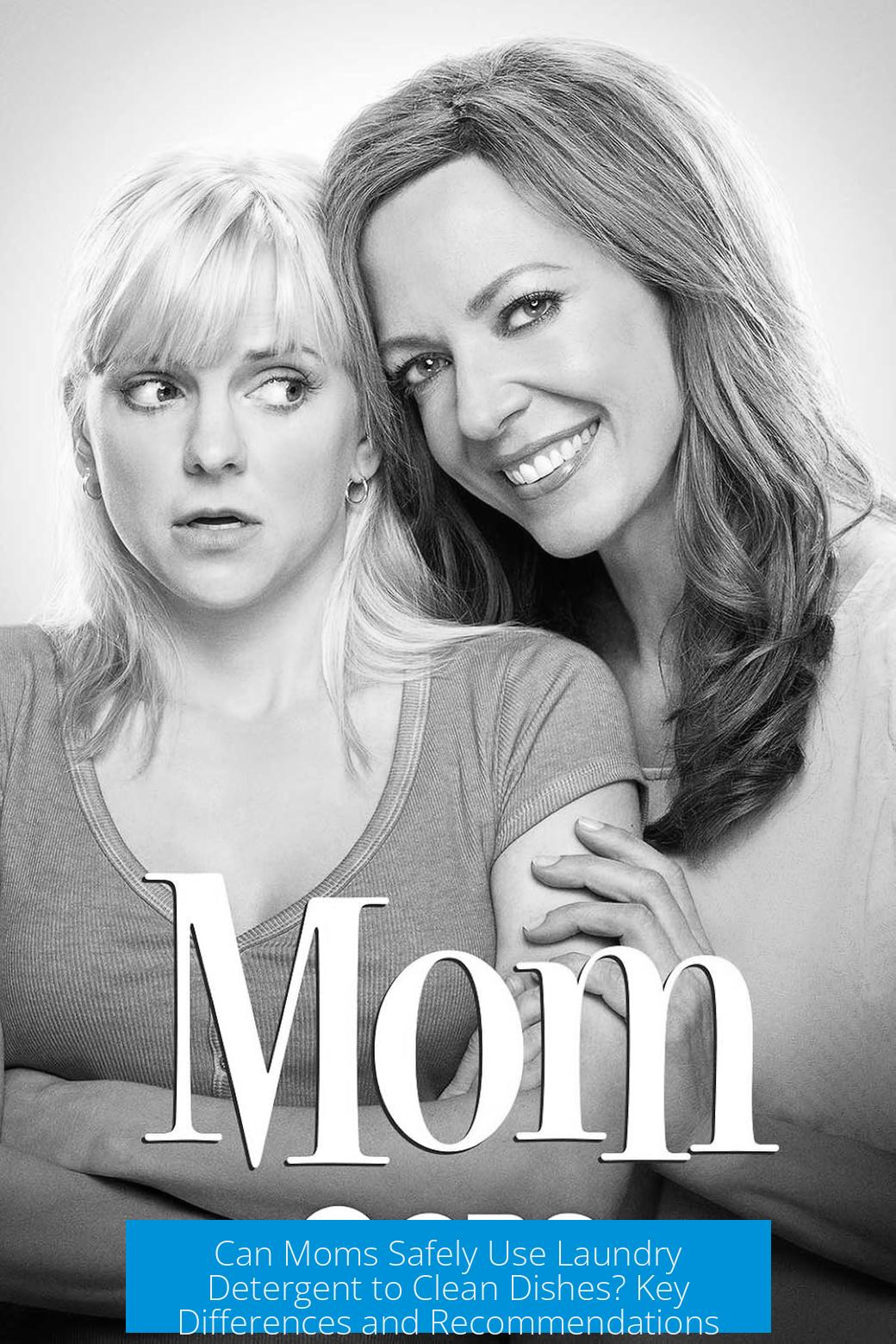
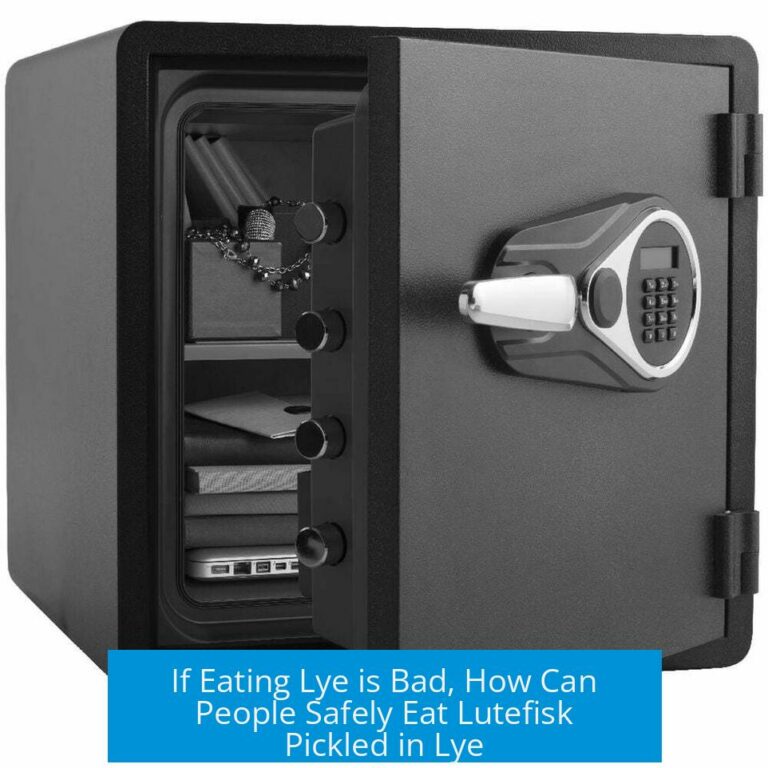
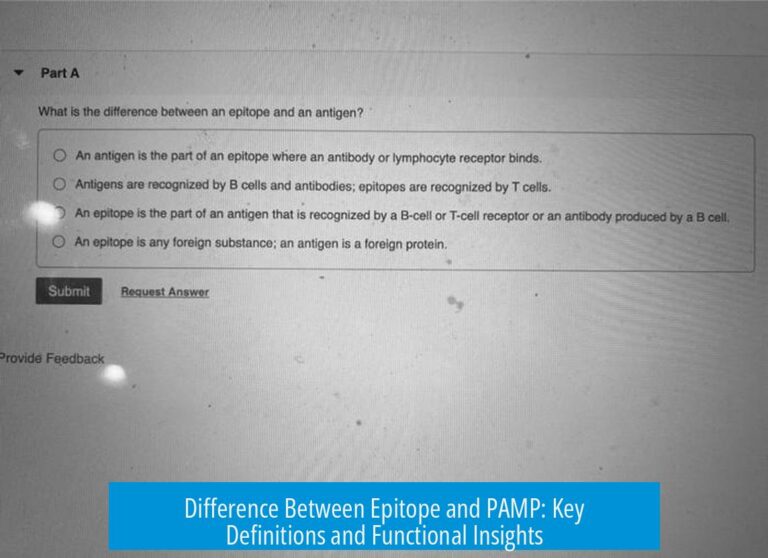
Leave a Comment